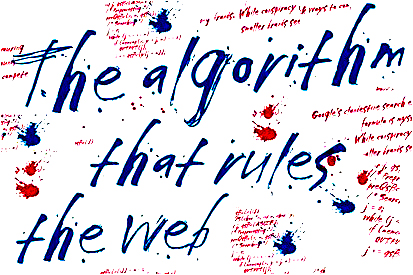Ever since I started writing here, I’ve done a year end post summarizing what I’ve done in the past year. These posts are mostly for me, so that I can look back and remember what I did, what I was thinking and what was important to me each year. Previous versions (2000s, 2009, 2010, 2011, 2012, 2013, 2014, 2015). Here’s what I did in 2016.
2016 followed on from 2015’s main two themes: focus and growth. In 2015, I started the process of eliminating distractions from Magma Partners and Andes Property and in 2016 I focused even more. I took Derek Sivers’ mantra of Hell Yeah! or No! that I started to implement at the end of 2015 to heart and said no to things that I wasn’t 100% excited about.
I not only implemented this framework for deciding to invest in new Magma portfolio companies, but also for speaking engagements, events, press opportunities, writing opportunities and more. Along the same lines, Tim Urban’s Your Life in Weeks helped me revalidate that time is my most precious resource. Thanks Derek and Tim.
I spent ~5 months in Chile, ~1 in other Latin American countries and the rest in the US. 6 months is the most I’ve spent in the US since 2010. It was good to be back more than a few months per year and I really enjoyed getting back to doing more business in the US. It was also great to see my family and friends more than I have for the past few years. My Mom finished a book project she’d been working on for multiple years and I was happy to be able to help her get it designed, edited and printed. (more…)



